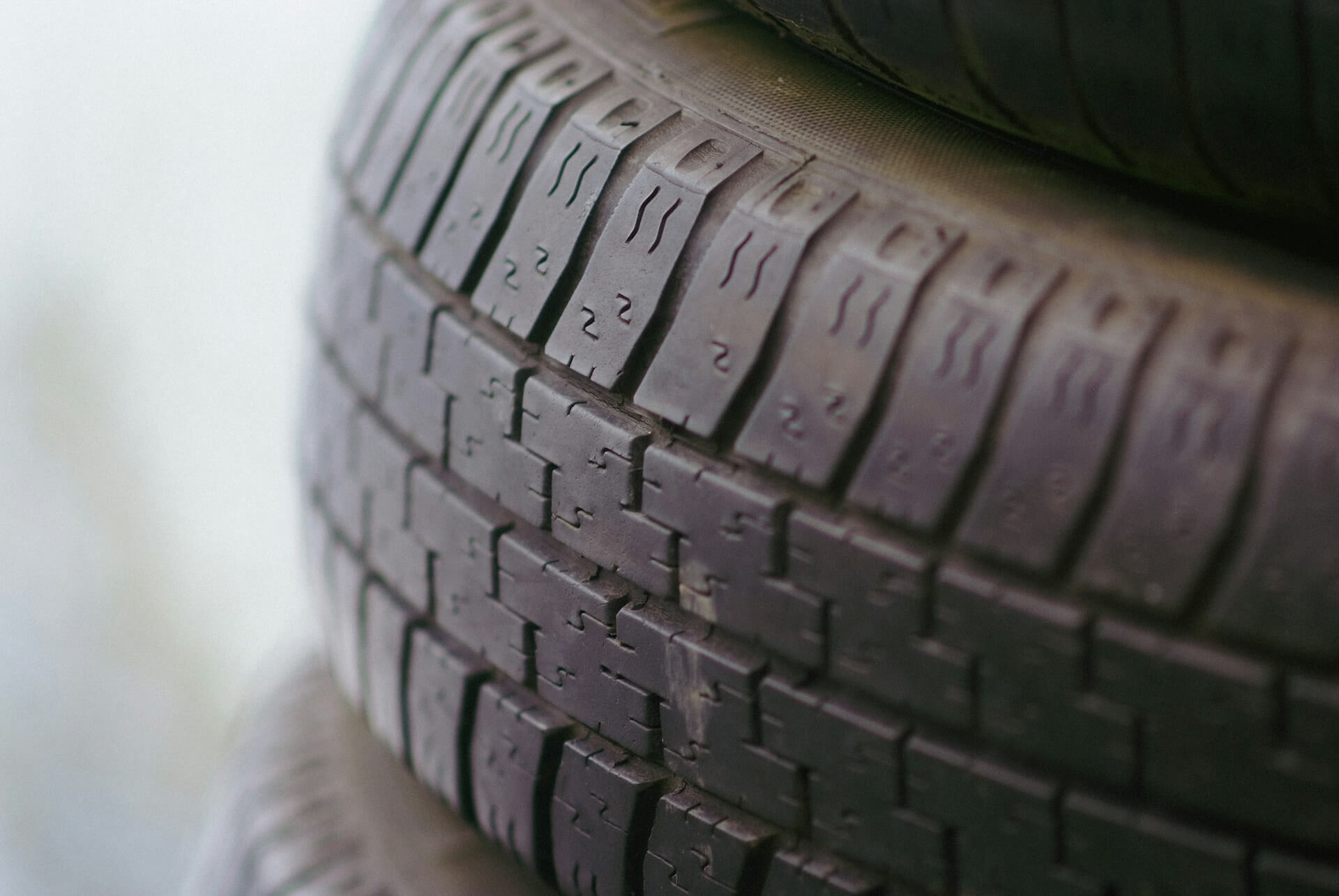Taking care of your car involves more than just washing it and filling up the gas tank. One crucial aspect of car maintenance that often gets overlooked is checking the various fluids. These fluids keep your car running smoothly and help prevent major issues down the road. Just like you wouldn't ignore a low fuel warning, you shouldn't ignore the levels and condition of your car's fluids.
Regular fluid checks are vital for the health of your vehicle. Fluids like engine oil, coolant, brake fluid, and transmission fluid play critical roles in keeping different parts of your car functioning properly. If any of these fluids are low or dirty, it can result in serious damage and costly repairs. By keeping a close eye on your car's fluid levels, you ensure it stays in good working order for years to come.
In this article, we will dive into why regular fluid checks are essential, the functions of common car fluids, signs that your fluids need attention, and steps for performing routine fluid checks yourself. Knowing how to maintain your car’s fluids can save you time, money, and stress. It’s an easy yet important part of car care that every driver should understand.
Why Regular Fluid Checks Are Essential for Your Car
Regular fluid checks are crucial for maintaining your car's health. Fluids act as the lifeblood of your vehicle, ensuring everything operates smoothly and efficiently. Without adequate fluid levels, essential parts of your car can suffer damage, leading to expensive repairs.
Fluids like engine oil help lubricate moving parts, reducing friction and preventing wear and tear. Coolant keeps the engine from overheating by absorbing and dispersing heat. Brake fluid is vital for a responsive braking system, ensuring you can stop your car quickly and safely. Transmission fluid helps shift gears smoothly, while power steering fluid ensures easy turning of the steering wheel.
Neglecting fluid checks can lead to engine overheating, brake failure, or even complete engine seizure. Regularly checking and topping off fluids prevents these issues, extending your car's lifespan. Think of fluid checks as a small investment in your car's longevity and performance. Performing these checks can save you money and headaches, keeping your car running smoothly for years to come.
Common Car Fluids and Their Functions
Several fluids keep your car operating at its best, each with a specific function. Knowing what these are can help you understand why regular checks are so important.
- Engine Oil: Lubricates engine parts to reduce friction and wear. Helps keep the engine clean and running smoothly.
- Coolant/Antifreeze: Regulates the engine’s temperature by absorbing excess heat. Prevents the engine from overheating or freezing in extreme temperatures.
- Brake Fluid: Transfers force from the brake pedal to the brake pads. Essential for effective braking performance.
- Transmission Fluid: Lubricates and cools the transmission. Ensures smooth gear shifts and prolongs transmission life.
- Power Steering Fluid: Makes turning the steering wheel easier. Ensures smooth and responsive steering movements.
- Windshield Washer Fluid: Keeps the windshield clean for clear visibility. Helps remove dirt, debris, and smudges.
Each of these fluids plays a critical role in your car’s overall performance. Regularly checking their levels and condition ensures that your vehicle remains in good working order. Understanding what each fluid does can help you recognize when something might be wrong, making it easier to address issues before they become serious.
Signs Your Car Fluids Need Attention
Knowing the signs that your car's fluids need attention can prevent major problems. Here are some key indicators to watch out for:
- Dashboard Warning Lights: Most modern cars have sensors that detect low fluid levels. If a warning light appears, check the corresponding fluid immediately.
- Strange Noises: Grinding or squealing noises can signal low transmission or brake fluid. These sounds mean parts are not being lubricated properly.
- Visible Leaks: Puddles or stains under your car can indicate fluid leaks. Different fluids have distinct colors, like reddish for transmission fluid and green or orange for coolant.
- Burning Smell: A burnt odor, especially when you open the hood, can indicate low oil levels or overheating coolant.
- Poor Performance: Sluggish steering, hard brake pedal, or rough gear shifts can all be signs that you need to check your fluid levels.
Addressing these signs promptly helps you avoid costly repairs. Regular monitoring allows you to catch issues early, maintaining your car’s reliability and ensuring a safer driving experience.
Steps for a Routine Car Fluid Check
Performing routine fluid checks is simpler than you might think. Here are the steps to follow:
- Park on a Level Surface: Make sure your car is on flat ground. This ensures accurate fluid level readings.
- Consult the Owner's Manual: Refer to the manual for information on where each fluid reservoir is located and the type of fluid needed.
- Check Engine Oil:
- Locate the dipstick and pull it out.
- Wipe it clean, reinsert it fully, then pull it out again.
- Check the oil level against the marked indicators.
- Add oil if necessary.
- Inspect Coolant:
- Locate the coolant reservoir.
- Check the fluid level against the "Full" and "Low" markings.
- Add coolant if needed.
- Examine Brake Fluid:
- Find the brake fluid reservoir.
- Check that the fluid is between the "Max" and "Min" lines.
- Top off if it's low.
- Assess Transmission Fluid:
- Ensure the car is running and in the park.
- Pull out the transmission dipstick, wipe, reinsert, and remove again.
- Check the fluid level and color; it should be pinkish.
- Add fluid if necessary.
- Check Power Steering Fluid:
- Locate the power steering reservoir.
- Make sure the fluid level is within the recommended range.
- Add fluid if it's low.
- Inspect Windshield Washer Fluid:
- Find the washer fluid reservoir.
- Check the level and add fluid if needed.
By following these steps, you ensure your car's fluids are at optimal levels. Regular checks help maintain performance and avoid unexpected breakdowns.
Conclusion
Regular car fluid checks are a small task with big rewards. By staying on top of your vehicle’s fluid levels, you can prevent many common problems that lead to expensive repairs. You also ensure a smoother, safer driving experience. Think of it as giving your car a regular health check-up. Just as you visit the doctor to stay healthy, your car needs these checks to run efficiently and last longer.
Ignoring fluid levels can lead to engine damage, brake failure, or even total breakdown. Don't wait for warning signs or dashboard lights to alert you; make fluid checks part of your routine car maintenance. This proactive approach can save you from unexpected troubles and high repair costs.
If you’re unsure about checking your car fluids yourself, or if you discover any issues, it’s always best to consult professionals. At South Shore Nissan, our expert technicians are ready to help with all your car maintenance needs. Schedule your next service appointment with our Nissan service center in Amityville today to keep your car running smoothly and safely.







































